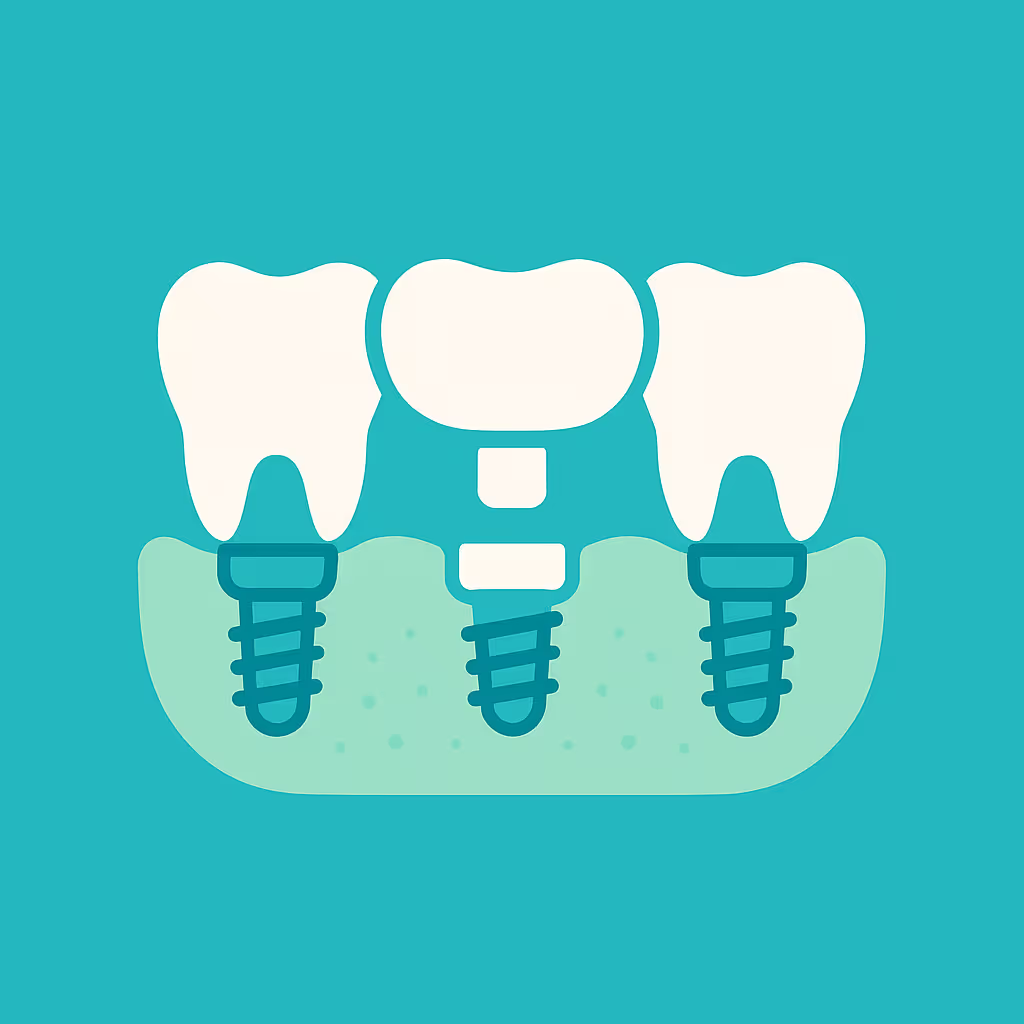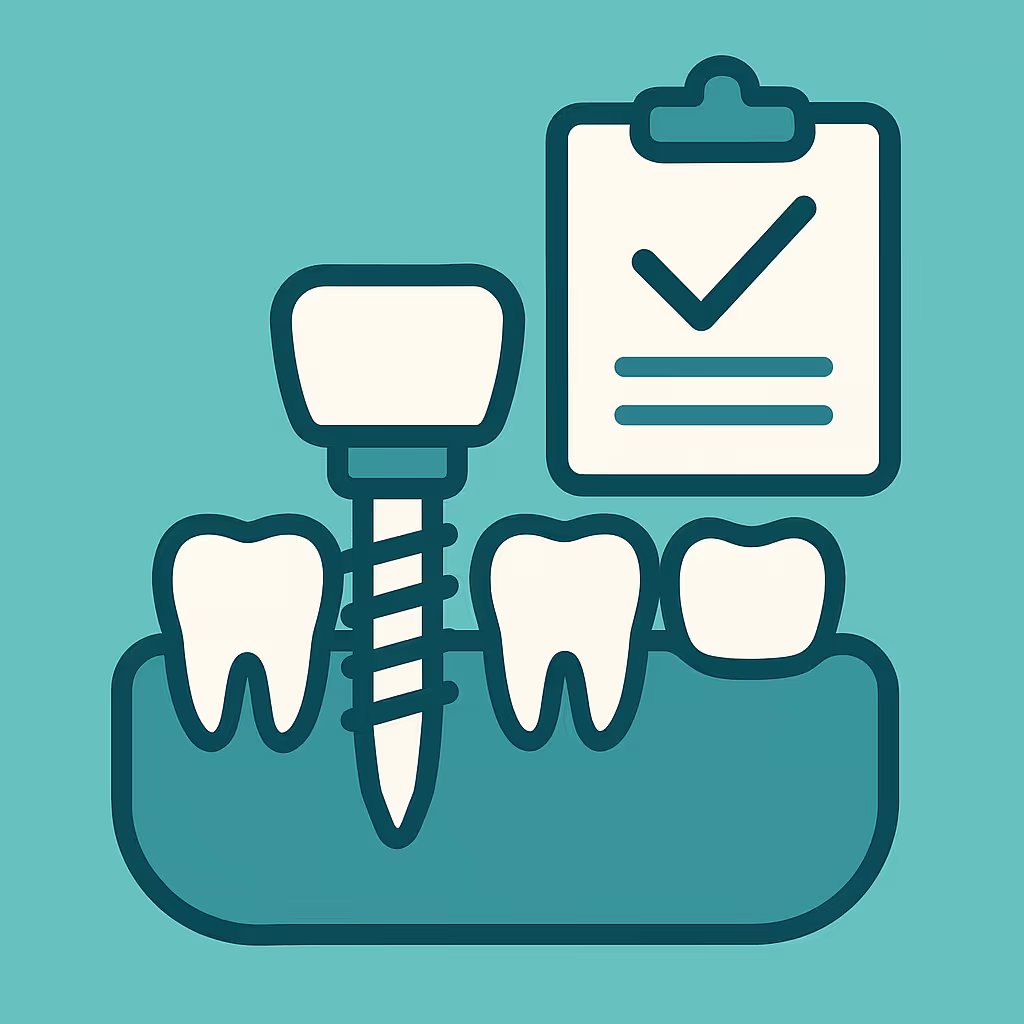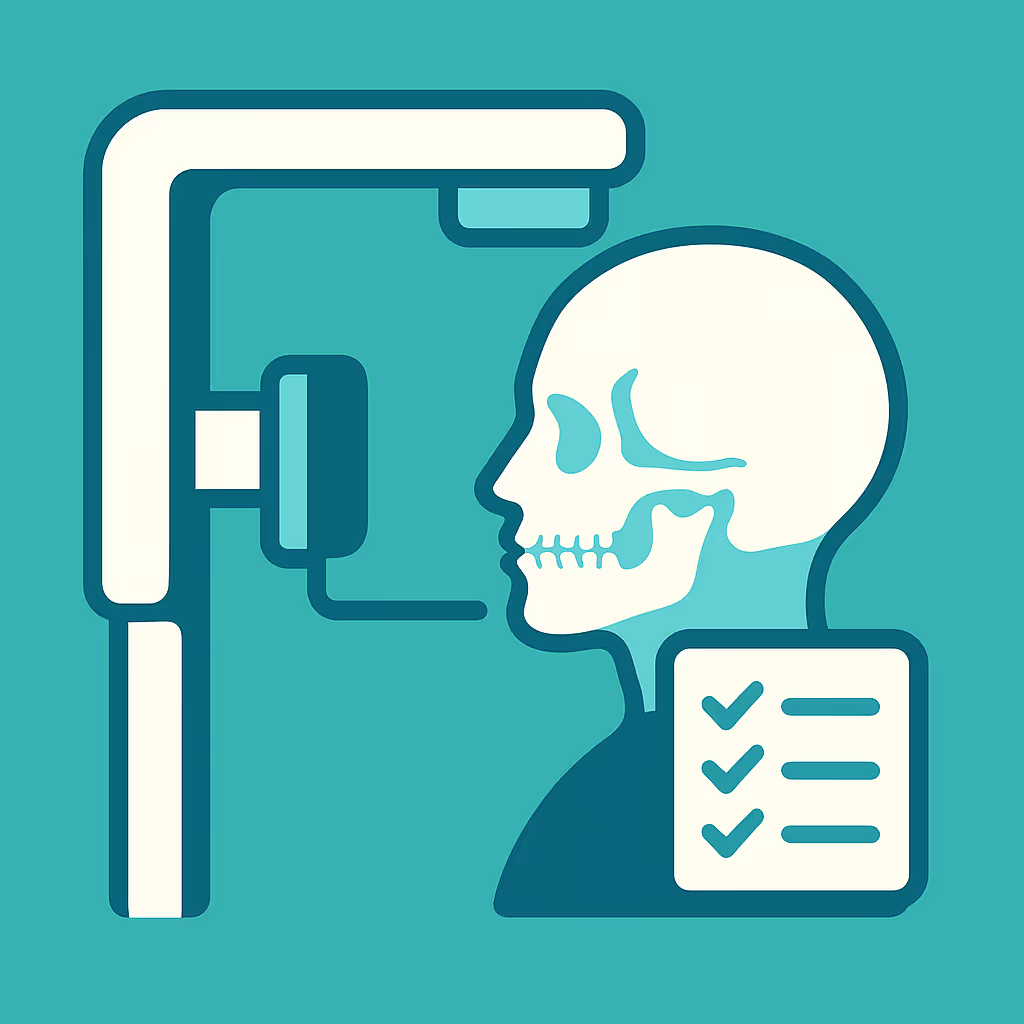Understanding Dental Code D5721
When to Use D5721 dental code
The D5721 dental code is designated for the rebase of a mandibular partial denture. Rebasing involves replacing the entire acrylic base material of an existing partial denture without changing the prosthetic teeth. This code is appropriate when the base of a mandibular partial denture has become ill-fitting due to tissue changes, wear, or damage, but the teeth remain serviceable. It is not to be confused with relining (such as D5720), which involves adding material to the tissue side of the denture base rather than replacing it entirely.
Documentation and Clinical Scenarios
Accurate documentation is essential for successful reimbursement and clinical clarity. When using D5721, ensure the patient's chart includes:
- Detailed clinical notes describing why a rebase is necessary (e.g., significant base wear, loss of adaptation, or fracture of the base).
- Pre- and post-operative photos, if possible, to support the need for rebasing.
- Assessment of the prosthetic teeth’s condition, confirming they do not require replacement.
- Patient consent and understanding of the procedure.
Common clinical scenarios for D5721 include patients with significant bone resorption, changes in oral anatomy after healing from extractions, or accidental damage to the denture base. Always ensure the documentation clearly differentiates rebasing from relining or repairs, as payers may request clarification during claim review.
Insurance Billing Tips
To maximize reimbursement and minimize claim denials when billing for D5721:
- Verify coverage: Check the patient’s dental benefits for prosthodontic services and frequency limitations. Many plans restrict rebasing to once every 3–5 years per prosthesis.
- Submit supporting documentation: Attach clinical notes, photos, and a narrative explaining the necessity for rebasing rather than relining or repair. This helps justify the use of D5721 over other codes.
- Use accurate CDT coding: Ensure you are not using D5721 for maxillary partial dentures (use D5720 instead) or for complete dentures (see D5711 for mandibular complete denture rebase).
- Track EOBs and AR: Monitor Explanation of Benefits (EOBs) and Accounts Receivable (AR) to promptly identify and appeal any denied claims. Include all requested documentation in appeal letters.
Proactive communication with payers and patients about coverage limitations and out-of-pocket costs can help prevent misunderstandings and streamline the billing process.
Example Case for D5721
Case Study: A 68-year-old patient presents with a mandibular partial denture that has become unstable due to significant bone resorption over several years. The prosthetic teeth are intact and functional, but the acrylic base is warped and no longer fits the ridge. The dentist documents the clinical findings, takes new impressions, and sends the partial to the lab for a complete base replacement. The procedure is billed under D5721, with a detailed narrative and supporting photos submitted to the insurance carrier. The claim is approved after initial review, and the patient receives a stable, comfortable prosthesis without the expense of a new appliance.
This example highlights the importance of thorough documentation, correct code selection, and proactive insurance communication for efficient dental billing and patient satisfaction.





